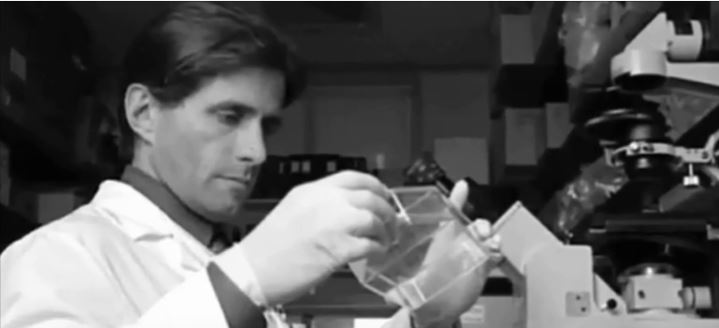
Photo: Michele Carbone, MD, PhD
Significance
Cell division and organismal development are exquisitely orchestrated and regulated processes. The dysregulation of the molecular mechanisms underlying these processes may cause cancer, a consequence of cell-intrinsic and/or cell-extrinsic events. Cellular DNA can be damaged by spontaneous hydrolysis, reactive oxygen species, aberrant cellular metabolism or other perturbations that cause DNA damage. Moreover, several environmental factors may damage the DNA after cellular metabolism or affect the ability of cells to interact with their microenvironment. While some environmental factors are well established as carcinogens, there remains a large knowledge gap of others owing to the difficulty in identifying them because of the typically long interval between carcinogen exposure and cancer diagnosis. DNA damage increases in cells harbouring mutations that impair their ability to correctly repair the DNA. Tumour predisposition syndromes in which cancers arise at an accelerated rate and in different organs — the equivalent to a sensitized background — provide a unique opportunity to examine how gene-environment interactions influence cancer risk when the initiating genetic defect responsible for malignancy is known. Understanding the molecular processes that are altered by specific germline mutations, environmental exposures and related mechanisms that promote cancer will allow the design of novel and effective preventative and therapeutic strategies.
Carbone, M., Arron, S.T., Beutler, B. et al.
Nature Reviews Cancer
June 2, 2020 | doi:https://doi.org/10.1038/s41568-020-0265-y

